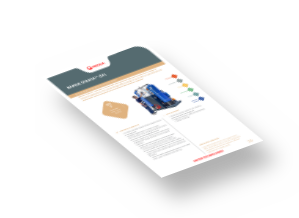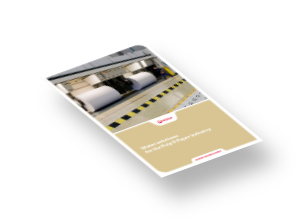Deionised Water
Deionisers that produce high-quality deionised water using ion exchange resins.
Deionisation (or demineralisation) removes total dissolved solids from water using ion exchange. Our technologies control the electric charge of ions in water by attracting non-water ions and replacing them with water ions, removing the solids and leaving pure water.
What is Deionised Water?
Deionised water is deeply demineralised, ultrapure water with the resistivity close to 18 megohm-cm. In order to obtain the high quality pure deionised water, a multi-stage water purification process can be used. Deionisation (or demineralisation) uses a multi-stage water purification process which removes total solids from water using ion exchange. Our technologies control the electric charge of ions in water by attracting non-water ions and replacing them with water ions, removing the solids and leaving pure water.
After pre-cleaning, the water is supplied to the reverse osmosis membrane, and then the water is filtered through a special deionisation medium, which removes the rest of the ions in the water.
Deionised Water systems explained
- A deionisation system can produce a lower conductivity effluent compared to the RO permeate
- A deionisation system reduces the water losses (part of the treated deionised water will be stored to periodically regenerate the resin but the volume of waste coming from the regeneration of the resin is significantly lower than the concentrate)
- Reverse Osmosis is a high pressure process compared to ion exchange, so a deionisation system is characterised by lower energy consumption compared to an RO system during operation
- With a deionisation unit you can use ion-selective resin to remove specific compounds, whereas an RO unit cannot be a selective process
High-quality water systems for production, process and manufacturing uses.
Water pretreatment solutions for all types of feed and influent water.
Technologies for optimising boiler feed water and cooling tower feed to minimise chemical usage.






















